Dysphagia After A Stroke
Over 50% of patients are affected by dysphagia after stroke. It is typically characterized by the inability to swallow liquids or foods and can lead to choking. Patients usually tend to recover from post-stroke dysphagia within the first week after suffering from a stroke. However, 11-13% may experience difficulty with swallowing even 6 months after their stroke.
Dysphagia in stroke survivors can vary in severity and may lead to other problems. In fact, 80% of patients who suffer from prolonged dysphasia may have to depend on enteral feeding through alternative means to get their required nutrition.
If you or someone you know needs to know how to overcome dysphagia, all the relevant information is covered below.
Relationship Between Stroke and Dysphagia: What Causes It
There are three types of swallowing actions that occur in the body:
- Subconscious swallowing that occurs around once per minute
- Reflexive swallowing, an airway defense mechanism that is triggered by sudden stimuli
- Nutritional or volitional swallowing that happens when one consumes foods or drinks
When a person takes a nutritional or volitional swallow, the swallowing network in the cerebral cortex is activated. This involves the insula, prefrontal gyrus, cingulate gyrus, somatosensory cortex, and precuneus regions.
A stroke can result in damage to one or more areas within this network as it impacts the brain’s functioning. This can disrupt the swallowing network and have a debilitating effect on the command center which can impair or hinder swallowing.
Dysphagic symptoms are also apparent when the brain’s stem is affected by a stroke, lacunar infarcts, or hemorrhage. Neurological or muscular damage occurring along the deglutitive axes can also cause dysphagia.
Generally speaking, damage to the peripheral cortex or brainstem can lead to nerve damage or muscle damage which can disrupt the body’s ability to swallow.
What Are the Signs and Symptoms of Dysphagia?
Though simply defined as “difficulty with swallowing,” there are several ways in which dysphagia may present itself. Here are some symptoms that may hint towards dysphagia in addition to problems with eating and swallowing:
- Hoarse voice
- Drooling
- Heartburn
- Regurgitation
- Feeling like something is lodged in the throat
- Discomfort in the throat
- Repetitive clearing of the throat
- Deglutitive cough
- Unexpected weight loss
- Pain during eating and swallowing
- Food coming out of the nose
- Coughing or choking when swallowing food or liquids
- Difficulty chewing solid foods
Dysphagia After Stroke Treatment: Why It Is Important?
Dysphagia can majorly impact an individual’s quality of life and difficulty swallowing can have consequences beyond impairments in physical functioning.
Due to the discomfort or difficulty caused by swallowing, dysphagia patients may experience excessive drool which can lead to feelings of awkwardness and embarrassment. It can also make it difficult for patients to speak clearly which can impact their social life.
Additionally, dysphagia can cause patients to become dehydrated and malnourished or develop aversions toward food. If they associate food with discomfort or pain, mealtimes that were previously a source of enjoyment can become something they dread.
They may also feel a sense of incompetency or inadequacy which can cause a lot of emotional and self-esteem issues. It may be difficult to view their inability to swallow as an aftermath of a life-altering stroke.
Instead, patients may view it as a personal failure. They may, therefore, tend to isolate or distance themselves from their social circle and withdraw from their loved ones. This can cause psychological issues such as low self-esteem and depression too.
Lastly, dysphagia can also lead to other health concerns such as recurring pneumonia which can distress a patient further.
Treating and managing dysphagia is thus crucial to ensure that the patient recovers from a stroke emotionally and physically.
What Does Treatment for Dysphagia Entail?
Dysphagia treatment can vary from one patient to the other since it usually depends on the type of dysphagia a person is suffering from.
While a complete cure may be impossible, treatment for dysphagia can help mitigate the damage and improve one’s situation.
Most treatment plans include speech and language therapy to give patients greater control. It can also entail teaching them new swallowing techniques, dietary changes, and changes in feeding methods.
In more severe cases, surgery may also be an option to ensure that the patient can get their required nutrition.
Oropharyngeal Dysphagia Treatment
Oropharyngeal dysphagia is also known as high dysphagia, a condition that affects the mouth or throat region.
The main treatment techniques in high dysphagia involve:
- Speech and swallowing therapy to strengthen and control the muscles
- Modifications in diet to include liquids and other foods with consistencies that are easier to swallow, while maintaining the required level of nutrition
- Use of feeding tubes. This could include a nasogastric tube or a percutaneous endoscopic gastrostomy (PEG) tube
Esophageal Dysphagia Treatment
Also known as low dysphagia, esophageal dysphagia refers to swallowing difficulties that are caused by problems in the esophagus.
Treatment for low dysphagia includes:
- Medication such as proton pump inhibitors
- Botulinum toxin to loosen tightened muscles that are preventing food from reaching the stomach
- Surgery such as endoscopic dilation or inserting a stent
Is Dysphagia Therapy Effective?
While dysphagia typically resolves on its own following a stroke, 11-13% of patients may experience prolonged dysphagia.
This requires treatment or therapy, including exercises, medication, dietary changes, alternative feeding methods, and surgery.
A common concern among patients coping with dysphagia is whether or not treatments are actually effective.
A study sought to establish the effectiveness of applied therapy for treating dysphagia and improving the swallowing function. It was found that the rate of effective swallowing reflex among dysphagia patients increased from 57% to 97% following 15 days of therapy.
It was, therefore, revealed that dysphagia treatments can be highly effective in reducing complications from swallowing disorders.
Conclusion
Dysphagia may not last long after a stroke but it can still severely impact a patient’s well-being and rehabilitation since it hinders their ability to consume foods and liquids. While prolonged dysphasia is relatively uncommon, it can result in complications. Proper treatment with physiotherapy and the other therapies outlined above can help reduce the severity of dysphagia in a patient.
Articles you may be interested in:

Heal Documentary Critical Review
Have you ever wondered if a “mind-body connection” exists? In other words, do our thoughts and emotions have an impact on physical health and well-being? And if so, do you believe that if we address our mind, we might experience physical healing from disease? Or, does...
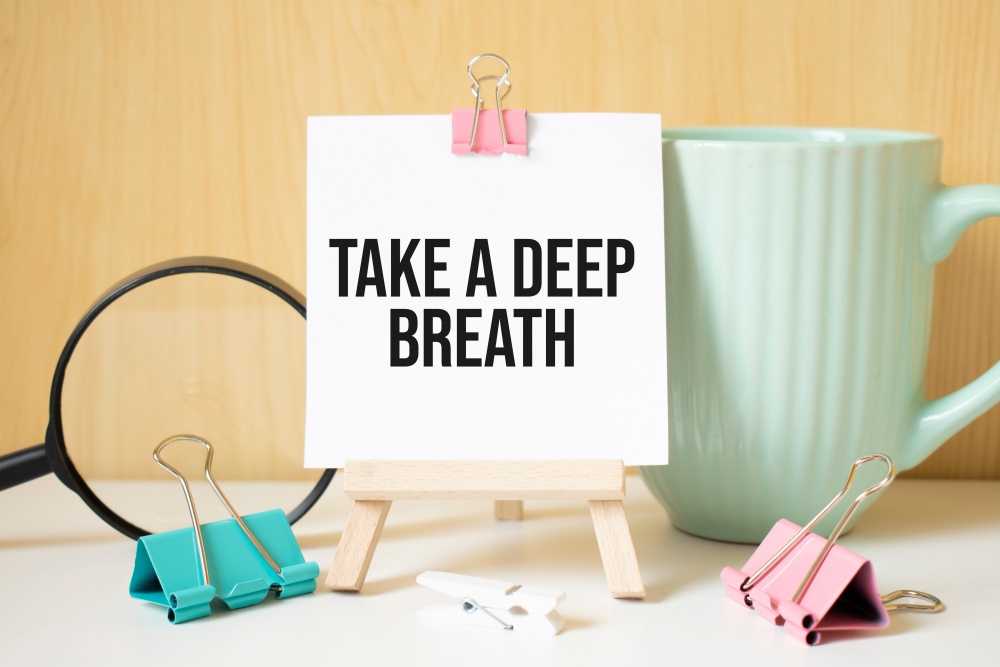
What is breathwork? Beginners guide to therapeutic meditation
What Is Breathwork? A Beginner's Guide To Therapeutic Meditation Breathing is automatic, unconscious, and involuntary. You do it without thinking, both when you’re awake and asleep. It’s what keeps you alive and functioning. But you can also control your breathing if...

“Sustainable” Documentary Film Review
Healthcare spending is growing 1.1% faster than the annual GDP. But as alarming as that number is, just look around. It is hard to ignore the fact that America is getting sicker, fatter, and more depressed. But why? Now, my personal belief is that it is...
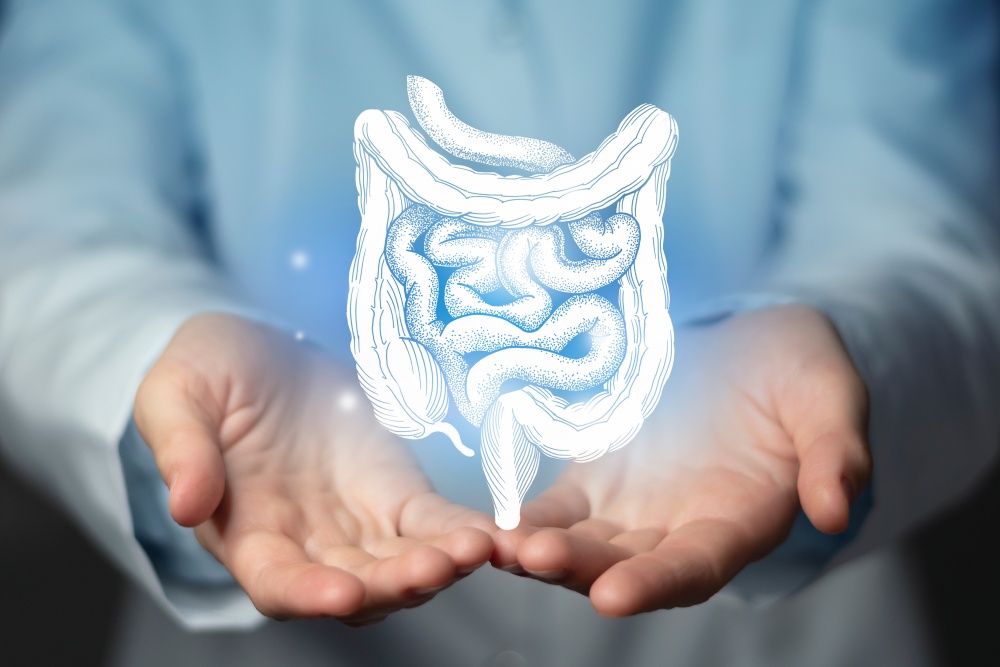
Exploring the Interplay Between Cancer Risk, Physical Activity, and Obesity: Unveiling the Pathways to Prevention
In an era where health consciousness is gaining paramount importance, the relationship between cancer risk, physical activity, and obesity has emerged as a significant area of investigation. As you and I - and many of our friends - are impacted by this scary disease,...

Step by Step Guide To Growing Broccoli Sprouts
Sprouting Goodness: A Step-by-Step Guide to Growing Broccoli Sprouts Broccoli sprouts are miniature nutritional powerhouses that pack a punch of health benefits. Bursting with vitamins, minerals, and antioxidants, these tiny green sprouts are known to have 10-100...

The C Word: Film Review
If you have been around the sun enough times, you have probably been impacted by the “C word”. Cancer. With that said, I am sure you are like me in that you have been curious at one time or another…. “am I at risk”? Or maybe, like me, you already know you are at risk...
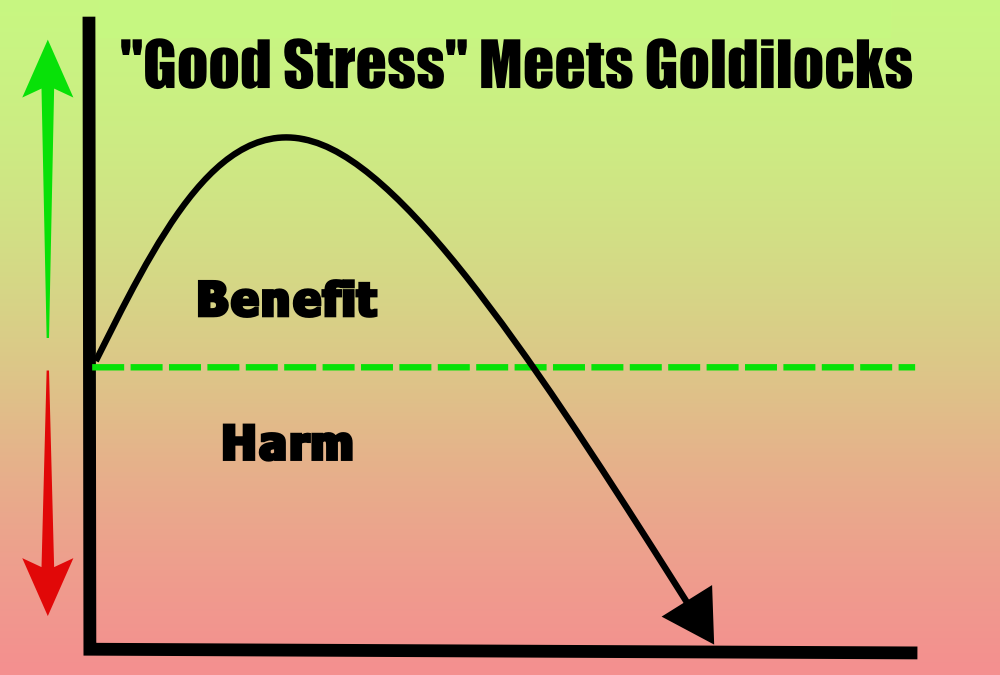
Hormetic Stress: The Good Stress For A Happy Healthy Life
It’s so easy to be tempted by the allure of comfort. In fact, technology and society have convinced us that this is of the upmost importance. You’re cold? Turn on your thermstat. Don’t like that noise? Drown it out with “white noise”. Feeling hungry? No problem. The...

Beyond Food Review
It can be so easy to get into the “religion” of the latest diet trend. I have been there. This, of course, comes with the inherent risk of a state of utter confusion. Case and point….today, vegetables are “bad”. Or, maybe I got that wrong. Maybe it was meat is bad and...
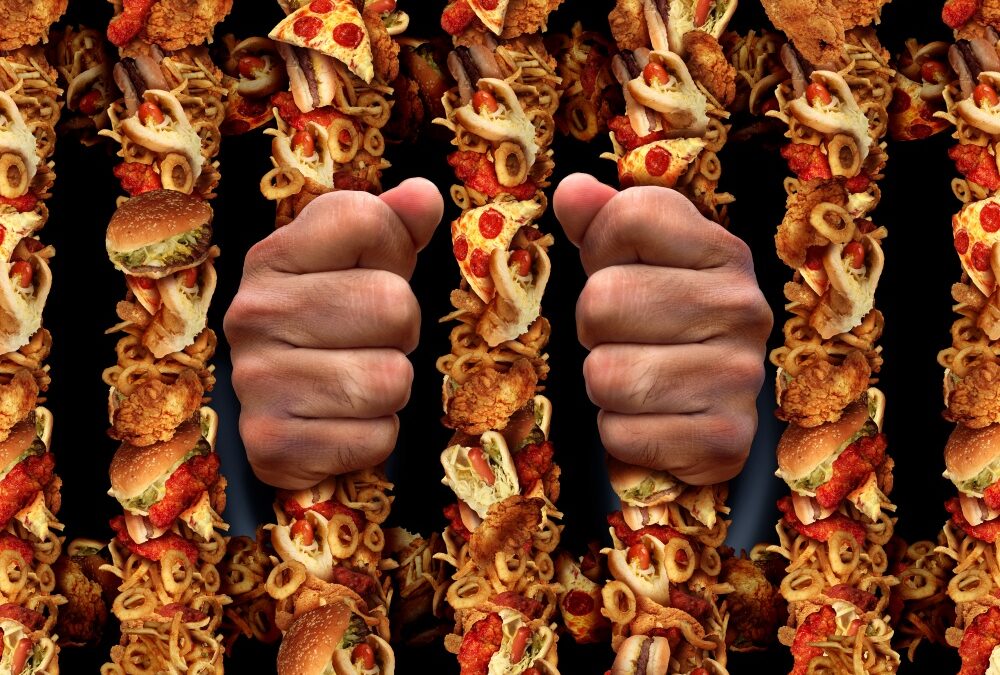
Changing Food Behavior: Get out of Food Prison
Changing Food Behavior: Easily Give Up Junk Food Changing a food behavior, particularly one that activates the brain’s reward pathways—such as binging on ice cream or sugary drinks while watching a movie, requires an insane amount of willpower. It’s tough to change...
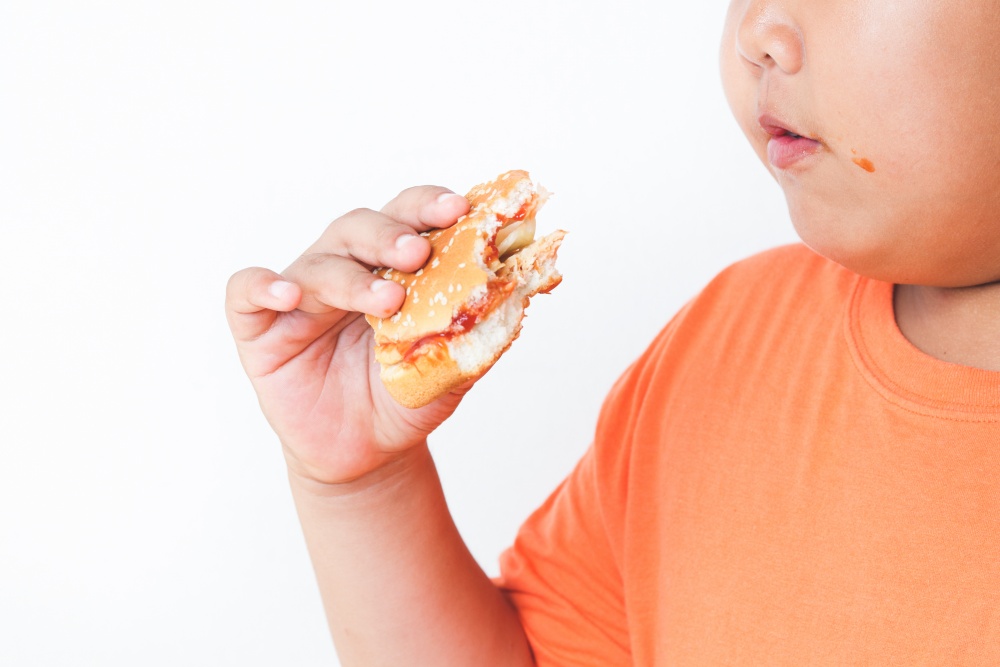
Fed Up Review
For most of my life I believed that the food pyramid was intended to keep me healthy. In the 80’ and 90’s I believed fat would make me sick and low fat foods were the road to optimal health. In the late 90’s I thought that dairy was good for me. Eggs and high-fat meat...

